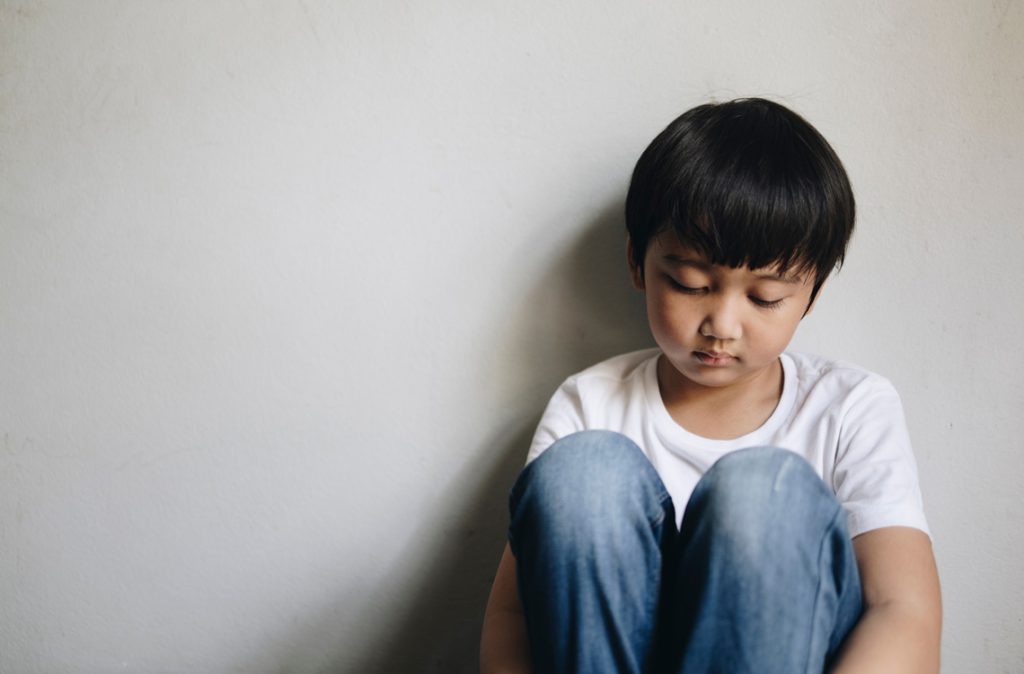Some of us are used to believing mental illness is a strictly adult condition.
No way kids struggle with depression and anxiety. It’s not possible.
And yet, the numbers don’t lie.
Cases of mental health struggles are appearing in young children, and the ages are getting younger and younger each year.
Recent studies indicate that children as young as 10 are showing signs of psychological distress.
This trend is alarming for parents and educators alike.
It’s bad enough that we’ve barely begun to address depression and anxiety in adults.
But now, the youngest of our population are facing the same struggles before they’ve even gotten jobs.
Here’s what you need to know as parents.
Factors Contributing to Early Mental Health Challenges
Mental illness is not a one-size-fits-all diagnosis.
It can be a combination of several factors: genetic, trauma, and others.
However, there are also other issues that can excess stress, dysregulation and anxiety to your child (even if those don’t necessarily count as a full-fledged mental disorder).
Several elements contribute to the rise in mental health issues among youth.
Here are just some of them:
- Excessive social media use: Spending more than three hours daily on social media platforms has been linked to higher risks of depression, anxiety and stress.
- Body image concerns: Exposure to idealised images online can lead to dissatisfaction with one’s body, increasing the likelihood of mental health symptoms.
- Cyberbullying: Online harassment affects about one in five youths and doubles the risk of severe mental health issues.
Early Signs of Mental Health Issues
The first thing you should know is that mental illness does not discriminate; anyone can experience it: female, male, adult, child.
A study by the National University of Singapore found that about one in three adolescents reported symptoms such as depression, anxiety, and loneliness.
These issues were more pronounced in those aged 14 to 16.
Despite this, only about 12% of adolescents met the full criteria for a mental health disorder, suggesting many are struggling without a formal diagnosis.
Parents should be vigilant for indicators of mental distress, including persistent sadness or irritability, withdrawal from friends and activities, changes in eating or sleeping patterns and decline in academic performance
Early detection is crucial for effective intervention.
Fortunately, it is now easier for youths to get needed mental health support during their darkest moments.
Research indicates a disconnect between parents’ perceptions and their children’s mental health realities.
Here are the resources that your child can use:
- Community support teams: CREST-Youth and Youth Integrated Teams offer outreach and intervention services for youths aged 12 to 25, free of charge.
- Educational programs: Schools incorporate mental health education into their curriculum, teaching students to manage emotions and seek help when needed.
But of course, even with these steps, your child will still need the support and care from their parents or caregivers.
Steps Parents Can Take
There are many steps that you as a parent can take to ensure that your child’s mental health condition is in tip top condition.
The first is to foster open communication.
A home should be a safe space for a child to make mistakes, to ask questions and to express their emotions.
If you are not a sanctuary for your kids, then you may be doing something wrong.
Avoid being critical or judgmental, especially of others. As this only reinforces the belief that you are not trustworthy as a person.
The second is monitor your child’s online use.
This can be a slippery slope. After all, how can a parent take note of their child’s internet footprint without violating their privacy?
The third is the most obvious, of course: encourage a healthy lifestyle.
Sometimes children who are cooped up inside eating junk food can affect their mental health in detrimental ways.
Get your kids to exercise – even if it’s just playing tag in the backyard.
Prioritise whole, nutritious foods.
Finally, if you notice that your child is struggling to maintain their mental health, you may need to consult a professional.
There is nothing wrong with seeking medical advice as mental health is just as important as physical health.
Taking Care of Our Children
Remember, mums and dads, we are living in unprecedented times with unprecedented challenges. Our children need our support and care more than ever.
By staying informed and proactive, parents can play a pivotal role in addressing the early onset of mental health issues in children.
And it all starts with a little empathy, some education and a lot of love and trust in your children.
For more information, check out the Parenting for Wellness Guidelines provided by the Singaporean government.
Disclaimer: The information provided in this article is for informational purposes only and should not be considered as medical advice from Mamahood. For any health-related concerns, it is advisable to consult with a qualified healthcare professional or medical practitioner.
For more insightful stories and parenting advice, stay tuned to Mamahood Singapore!
